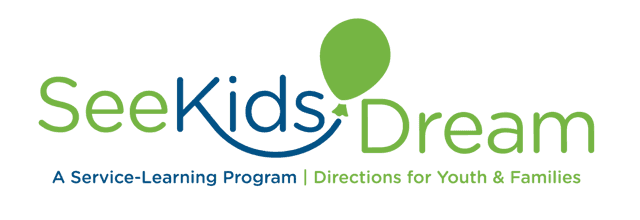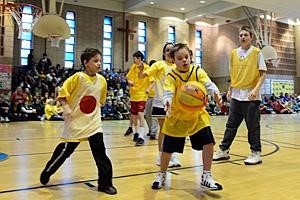Research Hub
Disabilities
What are disabilities?
A disability is a condition that affects a person’s ability to function in one or multiple areas. For example, a physical disability could make it difficult for a person to walk or pick up something or to swallow food. Developmental or cognitive disabilities affect how the brain works and can affect the way a person talks or learns. Down Syndrome, Autism, and Dyslexia are just a few examples of developmental or cognitive disabilities.
Who is affected by disabilities?
People of any age can have disabilities. People can be born with a disability or a person can develop a disability later on such as if they were in an accident or got an infection.
Disabilities or DIFFERENT abilities?
Everyone is different.We all have strengths and weaknesses and disabilities are just one of the ways we are all different. Many people with disabilities see it as a strength because they have developed strengths in other areas of life. As hard as it might be for some people to believe, many people with a disability actually consider their disability to be a benefit to them. Many people with disabilities have found unique approaches and developed strengths in other areas of their life in order to overcome the challenges they have faced with their disability. For this reason, they see their disability as a part of who they are, and something they would not want to change about themselves. This is why you may sometimes hear someone use the term “different ability” to describe their situation, instead of using the word: disability.
How have the rights of people with disabilities changed over time?
In the United States today, people with disabilities have the same legal rights as everyone else. However, that was not always the case. Up until 1973, when the Rehabilitation Act was put into place, people with disabilities did not have the same opportunities to attend the school that their friends attended or to have a fair chance of getting a job that others could apply for. In 1990, the Americans with Disabilities Act provided even more legal rights. Unfortunately, even with these laws, people with disabilities are often still discriminated against and are more at risk for bullying. Awareness of disabilities, the challenges that people with disabilities face, and educating others on how to help are the best things that anyone can do to prevent discrimination.



